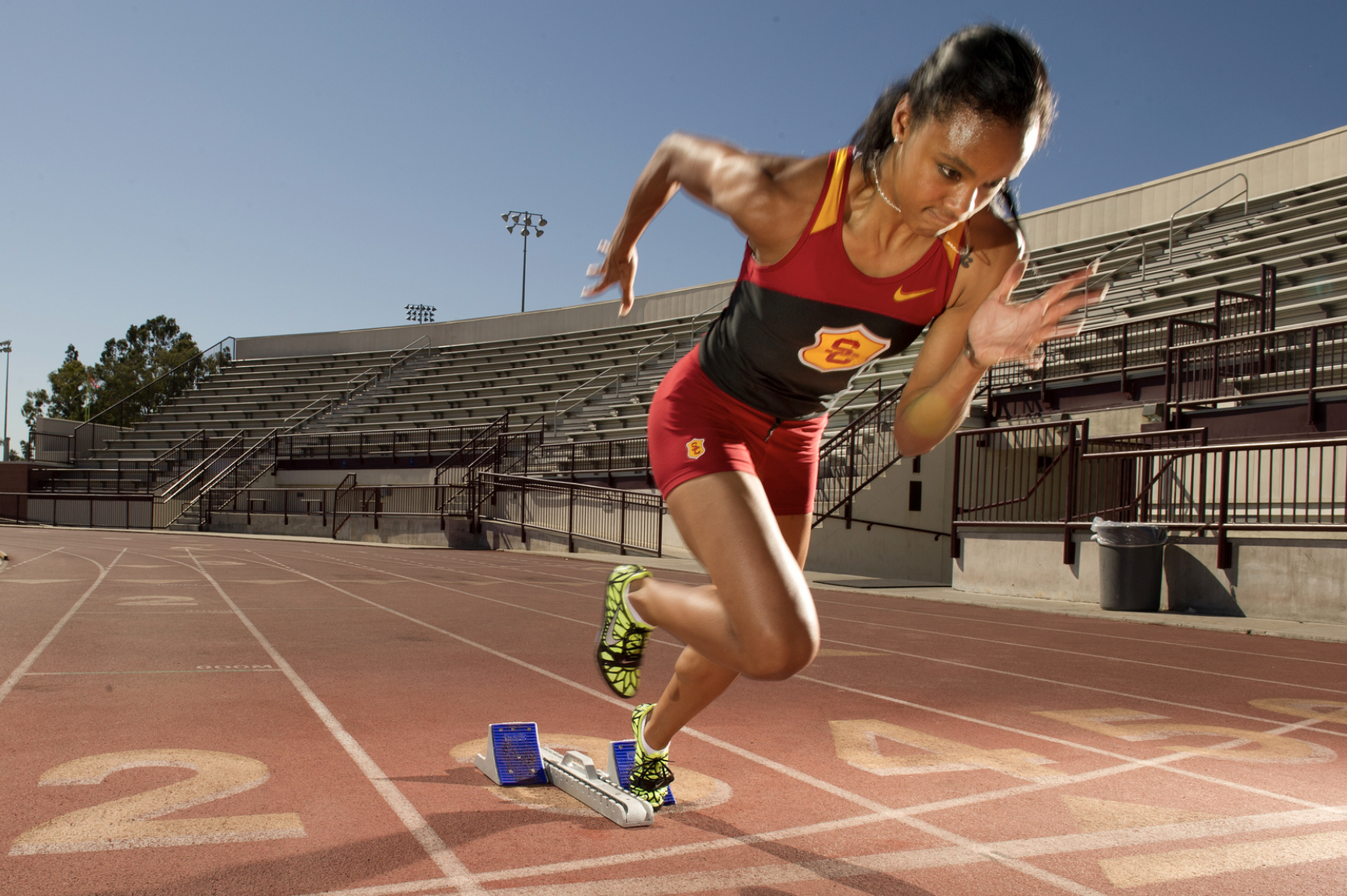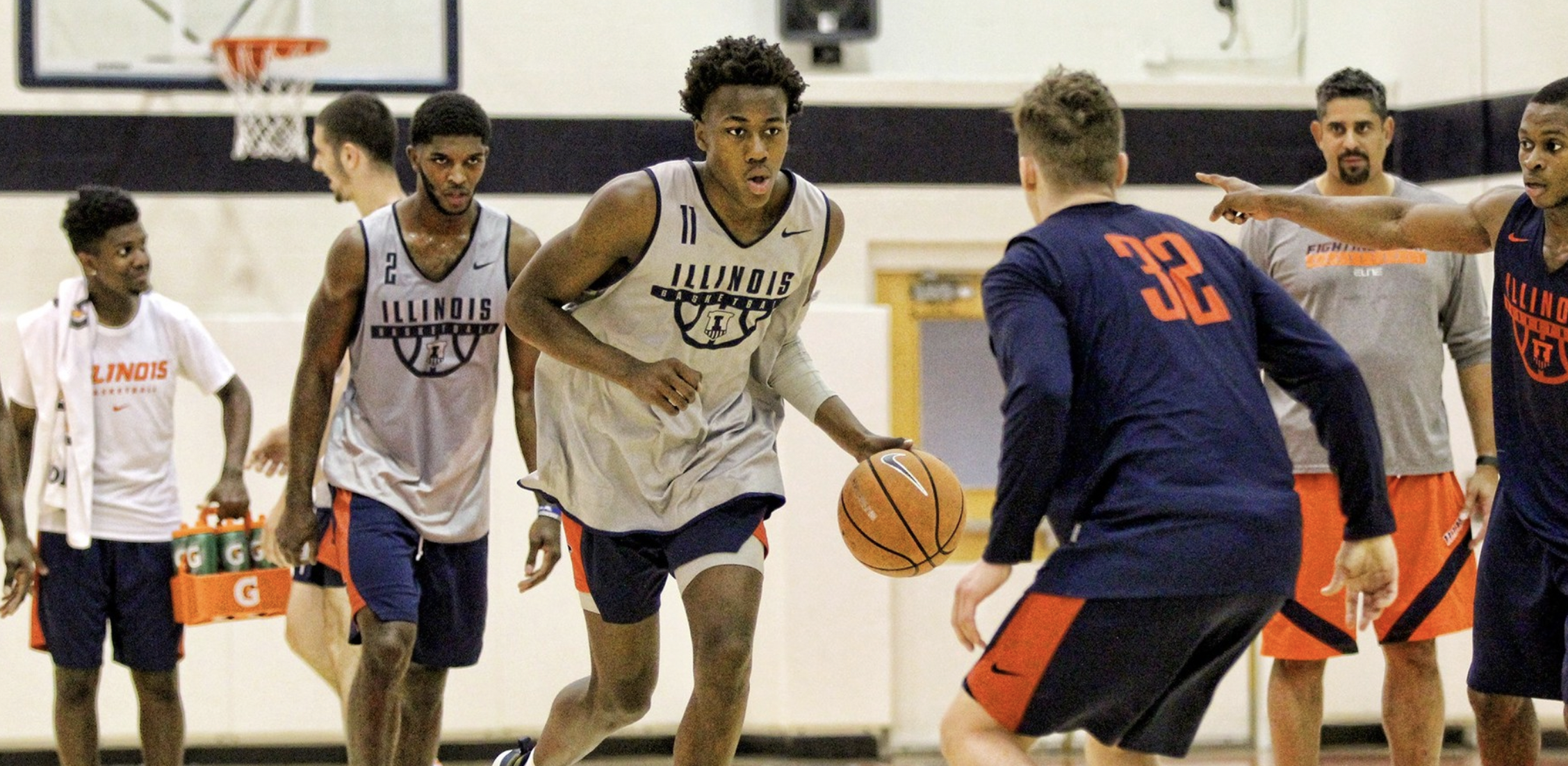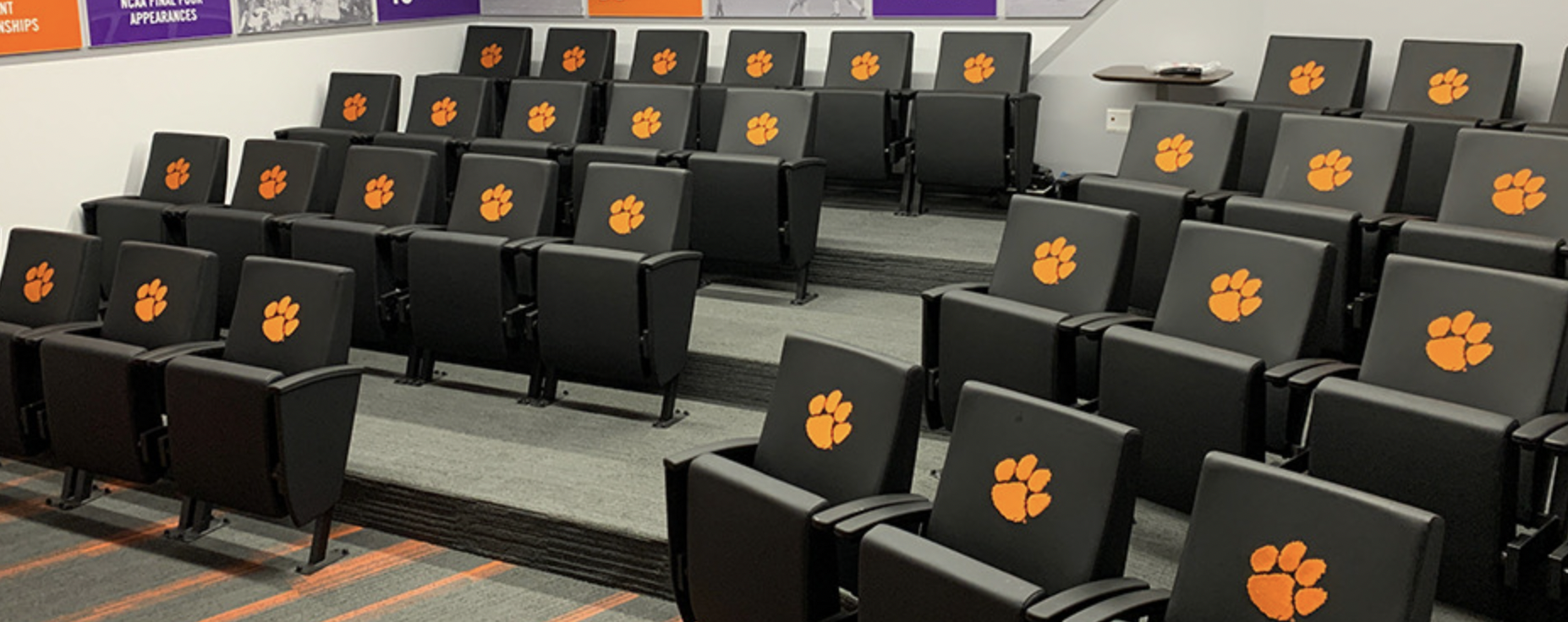Article written by Taylor Valentine; Asst. Baseball Coach at Centre College

Being a Collegiate Athlete
Being a college athlete is like having a full-time job. You must prepare and be ready to execute when the time comes. Finding the right school should be your #1 priority; it shouldn’t matter if it's NCAA DI, DII, DIII, NAIA, or Junior College. You must find the level that fits you the best as a student and player. Many ask how I know what level and school works best for me. That process starts with you as the player by doing campus visits, attending camps, watching practice, or even attending a game. I always encourage players to participate in big and small schools. This will give you a better understanding of how things flow at a university or a college.
Understanding the Workload
Understanding the workload of a college athlete is very important because many people think it is just a step up from what high school was. It's more complicated than what high school sports were like. Better players surround you, and you’re competing against better players. Being a college coach, the #1 thing that I see college athletes struggle with is time management, and that’s because you have more free time in college than in high school. Players fall behind on things because they don’t know how to use their time management correctly.
- #1: School should be on your list because if you don’t do well in the classroom, you’re no help to your team.
- #2: Playing your sport
- #3: Social life. College athletes that can manage all three of these at a high rate typically enjoy their college experience the most.
Do You Have What It Takes?
Working on your craft should be very important to you as a player if you want to impact your team. Yes, practices will be long and take a toll on your body, but the players that find time to put in the extra work are typically the athletes who perform the best on the field.
Everyone wants to be a college athlete, but some people aren’t cut out to be able to do it. Going to class, weightlifting, attending study halls, going to practice/putting in the extra work outside of practice, studying more, and finding that social life can be very challenging for many people. The demands are high for college athletes because they aren’t like a typical student who just attends class and has an excellent social life while in college. Being a college athlete should be something you enjoy being a part of because only a select few get to do it after high school.
Communicating Clearly and Efficiently
The pace of most sports demands a change in communication from everyday superfluous speech to an efficient and concise style. Athletes communicate on the field and court with direct verbs, inspired encouragement, and timely feedback.
According to the combined efforts of an article on marketing and entrepreneurship, and Harvard Business Review’s meeting cost calculator, $25 million are wasted per day in unproductive meetings. This leads to over $37 billion per year in America being thrown out because of inefficient meetings.
College athletes learn that less is oftentimes more when giving feedback. College sports develop the skill of efficient communication, which will not only better the athletes' career, but also the company’s.
Day in the Life
A day in the life of a college athlete looks something like this:
- Morning weightlifting before class, going to breakfast after weights and then getting ready for types of meetings with professors.
- Class, meetings with professors, testing, etc.
- Going to lunch, getting in some early work before practice!
- Attending practice, go to dinner, and then study for the rest of the evening.
Most athletes also try to fit in some study hours throughout the day if their schedule allows so that they aren’t overwhelmed after practice by trying to get homework done and studying for tests or exams.

Take Time for Film/Reflection
Being a student of the game is essential to most college athletes because they spend a lot of time watching films. Some athletes enjoy that part of their job, and others don’t think it is vital. If you have ever watched Tom Brady or Peyton Manning play a game before, those two quarterbacks always seem to be the most prepared on the field, and that’s because those guys spend hours and hours watching the film.
Watching other people play the sport you’re playing can also be helpful because it allows you to learn from someone who might be a little better than you. Everyone wants to be the best, but being the best is challenging yourself and getting outside of your comfort zone.
College athletes break things down into three different zones: comfort zone vs. growth zone vs. crush zone. Let’s talk about the comfort zone first: It's easy, convenient, least resistance, status quo, and is fearful of change. Some athletes like this zone because it's easy, and can do what they want. The growth zone is next: emotionally resilient, calloused mind, craving discomfort, inviting mental/physical challenges.
The growth zone is my favorite because athletes that want to be in this zone don’t want things to come easy they want to work for something. The crush zone is next: pressure-filled, anxious, anxious, overwhelmed, and self-doubt. You can also break these three zones down in your life (student, athlete, and social). You might have a different answer for all three of these zones, which is okay, but hopefully, you can spend more time in the comfort and growth zone than the crush zone.
Overcoming Failure
Success is built upon how we handle failure. We all fail. We will continue to fail. It is a part of learning. It is a part of development. Babies fall hundreds of times before they learn to walk. Children write out “J”s and “r”s backward many times before they learn to spell. Hockey players miss thousands of shots in the process of a make. Yet, many people in the workforce do not handle failure well. They take on success as an identity, not an opportunity. Failure and success are accessories to growth. Growth and progress are the goals. They are the goal of college sports and life. All athletes miss the tackle and lose the race at some point. However, because we are designed to improve, we as athletes go to practice the next day.
Whether a college athlete makes a career out of being a homemaker, a dentist, an entrepreneur, a newscaster, or a travel blogger, it is more likely that when they fail they will pick themselves up again and go to “practice” again the next day. College sports reframe the way we think about failure, which in turn breeds success in athletes' post-college careers.
Managing a Winning Mindset
Self-talk is another big piece of being a college athlete. The benefits of having self-talk are better problem-solving/coping with adversity, improved mental health, and increased vitality. Identifying negative self-talk happens a lot with college athletes. You can break down the negative self-talk into personalizing – you blame yourself for everything. Magnifying – you focus on the negative aspects of a situation, ignoring all the positives.
Catastrophizing – you expect the worst, and you rarely let logic or reason persuade you otherwise.
Polarizing – You see the world in black and white or good and evil. There’s nothing in between and no middle ground for processing and categorizing life events. You have two choices for positive self-talk: 1 problem solving: action-oriented, defined path, and acknowledgment of skills, and #2 affirmation – reinforces identity and accentuates strengths.
Being a college athlete is fun because you see life differently than most people: your development, team development, and your training motto. Enjoy it while it lasts!

